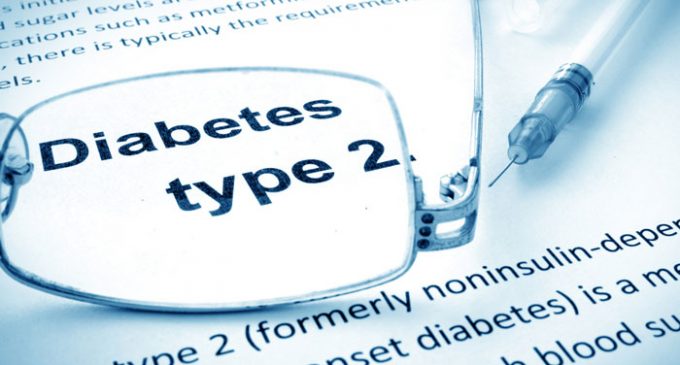FDA approves Bydureon BCise for patients with type-2 diabetes

The FDA has approved Bydureon BCise for adults with type-2 diabetes whose blood sugar remains uncontrolled on one or more oral medicines.
AstraZeneca has announced that the US Food and Drug Administration (FDA) has approved Bydureon BCise (exenatide extended-release) injectable suspension, a new formulation of Bydureon in an improved once-weekly, single-dose autoinjector device for adults with type-2 diabetes whose blood sugar remains uncontrolled on one or more oral medicines in addition to diet and exercise, to improve glycaemic control.
Unlike other glucagon-like peptide-1 (GLP-1) receptor agonists, Bydureon BCise has a unique, continuous-release microsphere delivery system designed to provide consistent therapeutic levels of the active ingredient, exenatide, to help patients reach and maintain a steady state.
The new formulation in the innovative Bydureon BCise device is proven to reduce blood sugar levels, with the added benefit of weight loss.
Across two clinical trials, average HbA1c reductions of up to 1.4% and average weight loss of up to 3.1 pounds (1.4 kilograms) were achieved when used as monotherapy or as an add-on to metformin, a sulfonylurea, a thiazolidinedione, or any combination of two of these oral anti-diabetic medicines at 28 weeks.
The most common adverse reactions reported in ≥5% of patients in clinical trials were nausea (8.2%) and adverse events associated with injection-site nodules (10.5%).
Ruud Dobber, President, AstraZeneca US and Executive Vice President, North America, said: “We know that physicians have established long-standing confidence in the significant HbA1c reduction Bydureon provides their patients to help achieve consistent control, with the added benefit of weight loss. With the approval of Bydureon BCise, we’re now introducing a new formulation in an improved, easy-to-use device that will help enhance the patient experience.”
Bydureon BCise will be available for patients in the US in the first quarter of 2018.
A regulatory application for the new autoinjector device has also been accepted by the European Medicines Agency.






